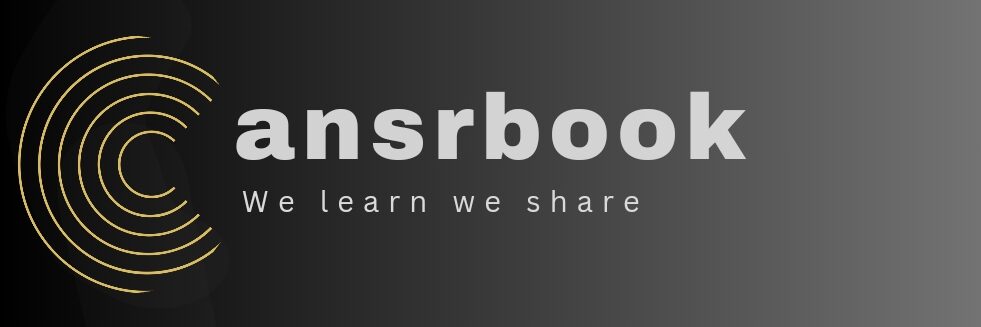Fixed Deposits (FDs) are one of the safest and most reliable investment options, especially for those looking for guaranteed returns. Whether you are a beginner in investing or someone seeking a low-risk investment, an FD can be a great choice. In this article, we will cover everything about Fixed Deposits, including their types, benefits, interest rates, tax implications, and how to open one.
What is a Fixed Deposit (FD)?
A Fixed Deposit is a financial instrument offered by banks and non-banking financial companies (NBFCs). It allows individuals to deposit a lump sum of money for a fixed period at a predetermined interest rate. Unlike savings accounts, where interest rates fluctuate, FD rates remain fixed, ensuring steady returns.
Key Features of Fixed Deposits
- Guaranteed Returns: The interest rate is fixed at the time of investment and remains unaffected by market fluctuations.
- Flexible Tenure: Investors can choose an FD tenure ranging from 7 days to 10 years.
- Interest Payout Options: Interest can be received monthly, quarterly, or at maturity, depending on the type of FD.
- Premature Withdrawal: Most banks allow early withdrawal, but it comes with a penalty.
- Loan Facility: Investors can take loans or overdrafts against their FDs if needed.
Types of Fixed Deposits
1. Regular Fixed Deposit
A standard FD where interest is compounded quarterly and paid at maturity.
2. Tax Saver Fixed Deposit
- Lock-in period: 5 years
- Offers tax benefits under Section 80C of the Income Tax Act.
3. Senior Citizen Fixed Deposit
- Specially designed for individuals aged 60 and above.
- Offers a higher interest rate than regular FDs.
4. Cumulative Fixed Deposit
- Interest is compounded and paid at maturity along with the principal amount.
- Suitable for those looking for long-term wealth accumulation.
5. Non-Cumulative Fixed Deposit
- Interest is paid at regular intervals (monthly or quarterly).
- Ideal for individuals seeking regular income.
Current FD Interest Rates
Interest rates vary depending on the bank, tenure, and deposit amount. For example, ICICI Bank offers:
- Up to 7.25% per annum for regular investors.
- Up to 7.85% per annum for senior citizens (for deposits under ₹3 crore).
(📌 Tip: Always compare FD interest rates of different banks before investing.)
Tax Implications on Fixed Deposits
- Taxable Interest: The interest earned on FDs is taxable as per your income tax slab.
- TDS Deduction: If the total FD interest exceeds ₹40,000 per year (₹50,000 for senior citizens), the bank deducts 10% Tax Deducted at Source (TDS).
- Tax-Saver FD: Investing in a tax-saving FD helps you claim deductions of up to ₹1.5 lakh per year under Section 80C.
Premature Withdrawal & Penalties
If you withdraw your FD before maturity, banks impose a penalty:
- The penalty usually ranges from 0.50% to 1.50%, depending on tenure and deposit amount.
- Some banks allow premature withdrawal without penalties for senior citizens.
How to Open a Fixed Deposit?
You can open an FD through the following methods:
1. Online Mode
- Visit your bank’s internet banking portal or mobile app.
- Select the “Open FD” option and enter the investment details.
- Transfer funds and complete the process within minutes.
2. Offline Mode
- Visit the nearest bank branch.
- Fill out the FD application form and submit the required documents.
- Deposit the amount through cash or cheque.
Things to Consider Before Investing in FD
✔ Compare Interest Rates – Choose a bank that offers the best FD rates.
✔ Select the Right Tenure – Short-term or long-term, based on your financial goals.
✔ Check Withdrawal Penalties – Ensure you know the conditions for premature withdrawal.
✔ Understand Tax Liabilities – Plan your investments wisely to minimize tax deductions.
Final Thoughts
Fixed Deposits are an excellent option for individuals looking for secure and guaranteed returns. While they don’t offer high returns like stocks or mutual funds, their stability and low risk make them ideal for conservative investors. If you want to grow your savings with minimal risk, an FD is a great choice!
💡 Are you planning to invest in an FD? Let us know your thoughts in the comments below
Discover more from ansrbook
Subscribe to get the latest posts sent to your email.

